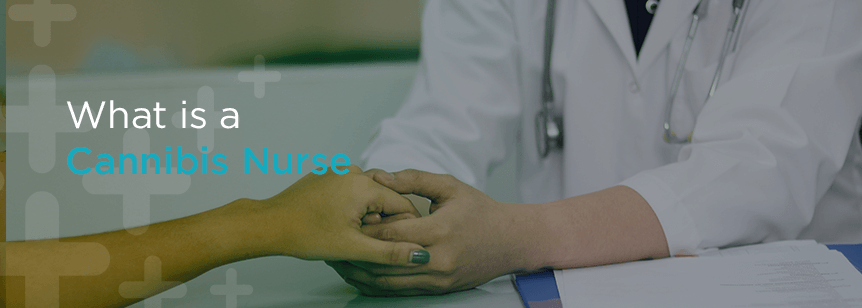
As more states relax their laws and increase access to medical cannabis, there is a growing need for healthcare professionals who can help patients navigate the medical use of marijuana. A brand-new nursing specialty has emerged to do just that.
More and more patients are using cannabis for a widening array of symptoms and diseases, including cancer, fibromyalgia, anxiety, chronic pain and multiple sclerosis, and nurses with an in-depth understanding of the medicinal applications of cannabis are in demand.
The American Cannabis Nurses Association (ACNA) is a national membership organization that aims to increase nurses’ knowledge of endo-cannabinoid therapeutics. The non-profit has developed a core curriculum on cannabis nursing, and eventually plans to offer credentialing in this specialty, which will require recognition by the American Nurses Association.
The U.S. Food and Drug Administration has approved 3 different cannabinoid-based drugs that are derived from isolated synthetics, including Marinol (dronabinol), Syndros (liquid dronabinol), and Cesamate (nabilone), but cannabis itself remains a controlled substance. A nurse specializing in cannabis doesn’t handle the substance or administer it to patients as would be done with other therapies. Instead, cannabis nurses incorporate standard nursing practice with knowledge and the use of cannabis plant products.
At the current time, cannabis nurses serve primarily as educators and advocates for their patients. For example, nurses can help patients use cannabis in a way that maximizes its benefits while reducing side effects by helping them titrate the dose. Many individuals who wish to use cannabis may also be taking one or more prescription medications, and nurses can work with patients in identifying possible drug interactions.
As this is very much an emerging field, employment opportunities are still quite limited. Some nurses work in dispensaries and provide education and support to staff and patients. Others may work with product manufacturers to develop educational tools, while some become product reps and/or brand ambassadors. Still other nurses are looking for opportunities to become navigators within their hospital/clinical setting or work with organizations like Ellementa, a global women’s cannabis wellness network, to host educational gatherings.
Entrepreneurial nurses have combined a business opportunity with helping patients. Lolita Korneagay MBA, BSN, RN, formed a cannabis consulting company, Cansoom, after dealing with pain from a chronic illness. She learned about cannabis to treat her own symptoms and now offers training to healthcare professionals.
Eloise Theisen, RN, MSN, AGPCNP-BC is a certified adult geriatric nurse practitioner who specializes in cannabis therapeutics. She is president-elect of the ACNA, and also has a company, Radicle Health, that specializes in cannabis treatment plans, education for medical professionals on the practical applications of cannabis, and local advocacy on patient access to medical cannabis.
“While the opportunities for nurses in the industry are still small, I believe it is only a matter of time before companies realize the value that nurses can add to a company,” said Theisen. “Nurses outnumber physicians 4:1, and we are trained to educate and advocate.”
She believes that once cannabis companies realize nurses can increase employee and patient satisfaction as well as retention and brand loyalty, opportunities will open up.
According to the ACNA, any licensed or registered nurse can become a cannabis nurse. However, there is no certification in cannabis just yet. “The American Cannabis Nurses Association is working on credentialing and we expect a two-year turn around on that before there is an official cannabis nursing specialty,” said Theisen.
In order to understand the basics of cannabis and its use in modern medicine, the ACNA has developed two educational courses for nurses. The group also worked with The Medical Cannabis Institute (TMCI) to develop the first comprehensive continuing education course in medical cannabis for nurses.
Additional courses are available online from TMCI and the Medicinal Cannabis and Chronic Pain Project.
Roxanne Nelson is a registered nurse who has written for a wide range of publications for healthcare professionals and consumers, including Medscape, The Lancet, Prevention, Scientific American, WebMD, American Journal of Nursing, Frontline, National Geographic, Hematology Adviser, American Journal of Medical Genetics and the Washington Post, among others.
No Information on MarijuanaDoctors.Com should be used to diagnose, treat, prevent or cure any disease or condition. You can view our Full Disclaimer here.